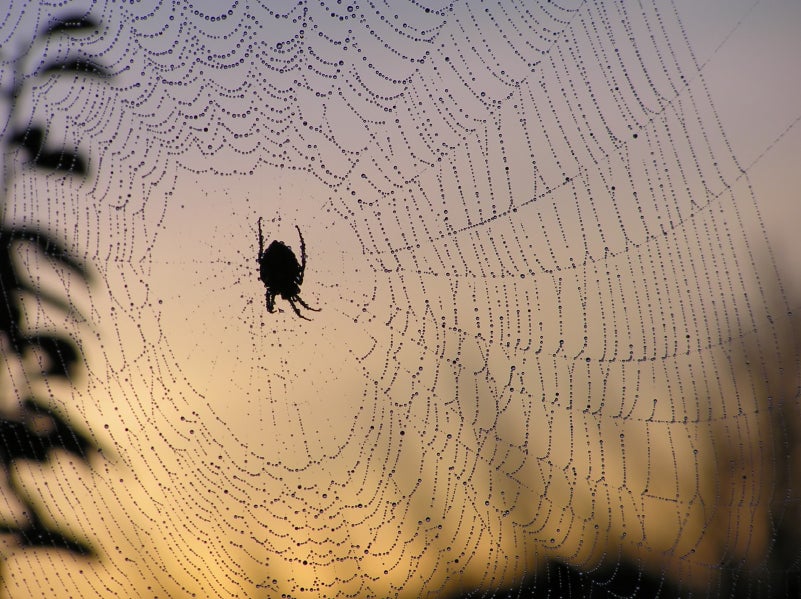
For many Americans, spiders are unsightly, obtrusive and offensive. For some people with arachnophobia (the fear of spiders), their fear may be an evolutionary response, as spiders have long been linked to illness and infections.
The sight of these lanky intruders often induces a sudden tinge of panic while also reminding us that Mother Nature is all around us (despite our best intentions to keep what lives outside out). Though we try to keep our distance from them most of the time, a chance meeting at the bottom of a shoe or beneath a stowed away blanket may lead to a dreaded spider bite.
In spite of our pronounced fear and disdain, when is a spider bite harmless and when does it warrant prompt medical assistance?
What does a spider bite look like?
Spider bites usually look like a typical bug bite – a red, painful, sometimes itchy bump on the skin. If it is nothing to worry about, this is usually the only symptom you will experience. However, there are two reasons to pay attention to other symptoms when bitten by a black widow or brown recluse spiders.
Symptoms of a black widow spider bite
Bites from a black widow spider can elicit pain, which may spread from the site of the bite to the stomach, back or chest. Some people experience severe abdominal cramping, along with excessive sweating at the bite mark or all over the part of the body that was bitten. Seek immediate medical assistance if you suspect you have a bite from a black widow spider. These bites can be particularly harmful for children and elderly adults.
Symptoms of a brown recluse spider bite
Bites from a brown recluse spider have different side effects than a black widow bite. The pain around the bite mark continues to worsen over the first eight hours. The bite mark color may become dark red, turning into a deep skin ulcer as the skin around it dies. Seek immediate medical assistance if you suspect you have a bite from a brown recluse spider. These bites can be particularly harmful for children and elderly adults.
While black widow and brown recluse spider bites are not common, they do occur. Most times, spiders do not want to bite you, but are reacting to being startled and feeling they are in danger. The venom released in a spider bite is intended for food, not for harming a human who would rather flee than have a face off with a spider – a dangerous one at that.
Ways to avoid spider bites
Reduce your risk of encountering a dangerous spider by not disturbing their natural habitats. When inside, this includes hiding places within sheds, garages and behind boxes tucked away in storage. Keep these areas as clean as possible throughout the year to make them appear less attractive to spiders. When outdoors, avoid woodpiles, underneath rocks and fallen tree branches.
To find a Utica Park Clinic provider near you, search online or call 918-579-DOCS (3627). If you need immediate care, visit the nearest urgent care or emergency room.
